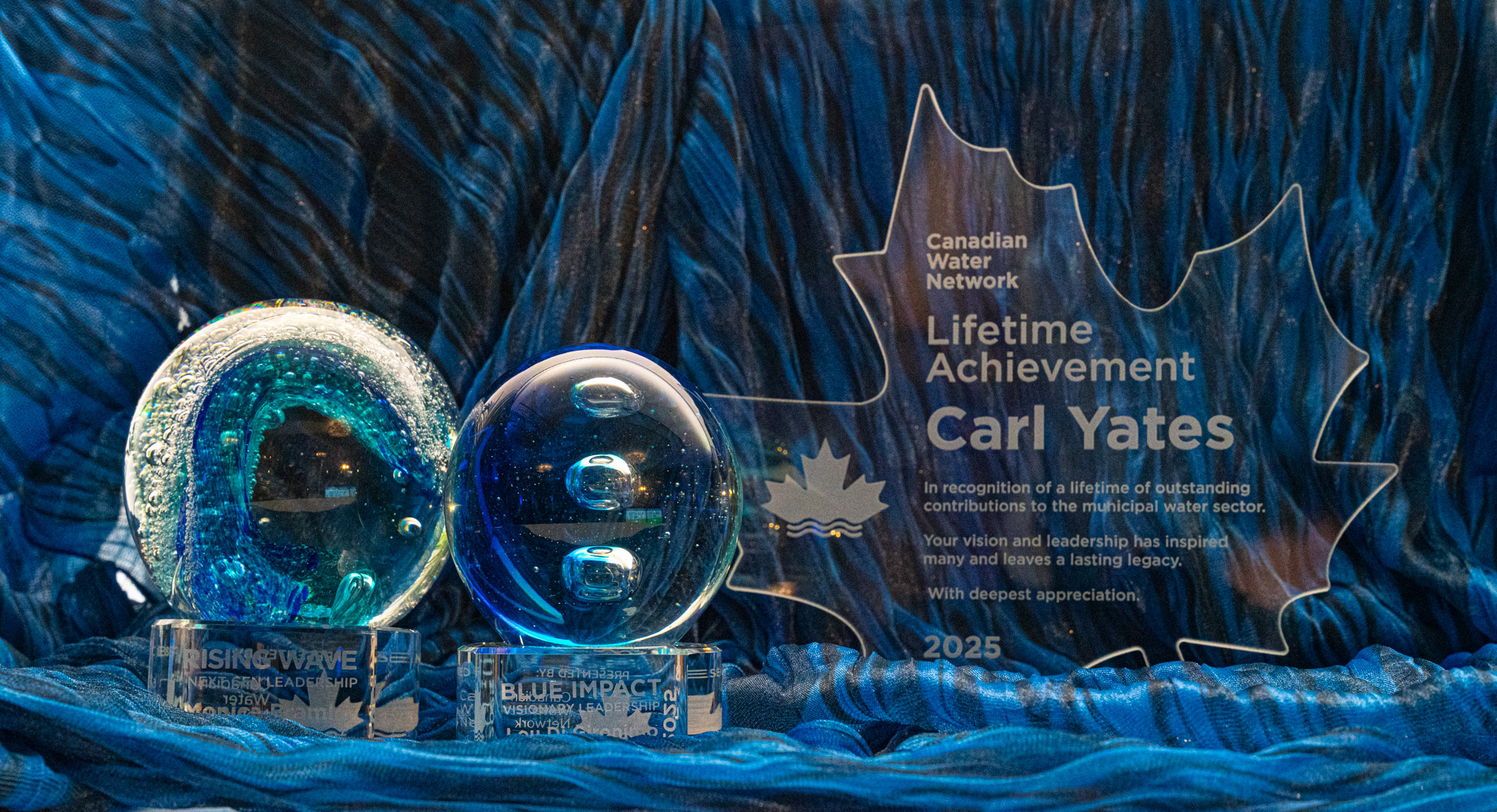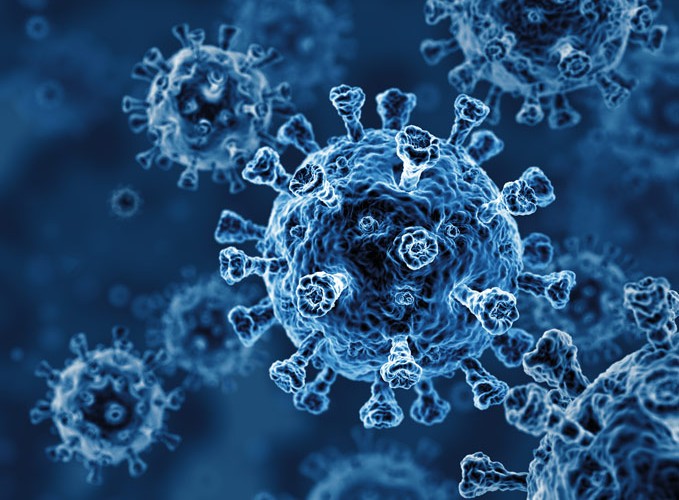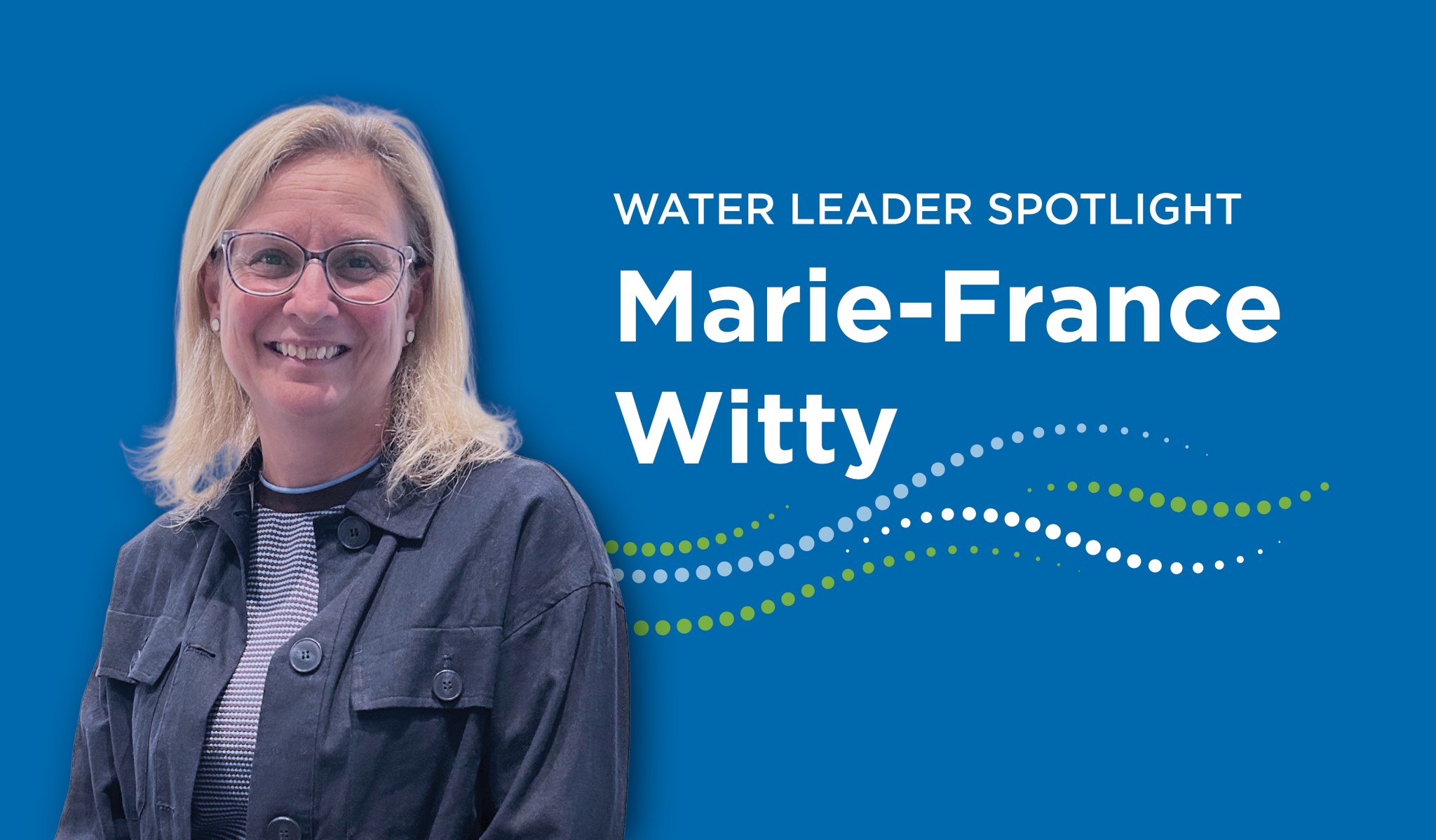2015 Canadian Municipal Water Priorities Report
Canadian Water Network's Canadian Municipal Water Consortium (CMWC) takes a deeper look into national priorities in the 2015 Canadian Municipal Water Priorities Report. Last year's inaugural Canadian Municipal Water Priorities report set the stage for the initiatives of the CMWC. The CMWC‘s Leadership Group (CLG) identified four priority areas within the themes of integrated risk [...]











